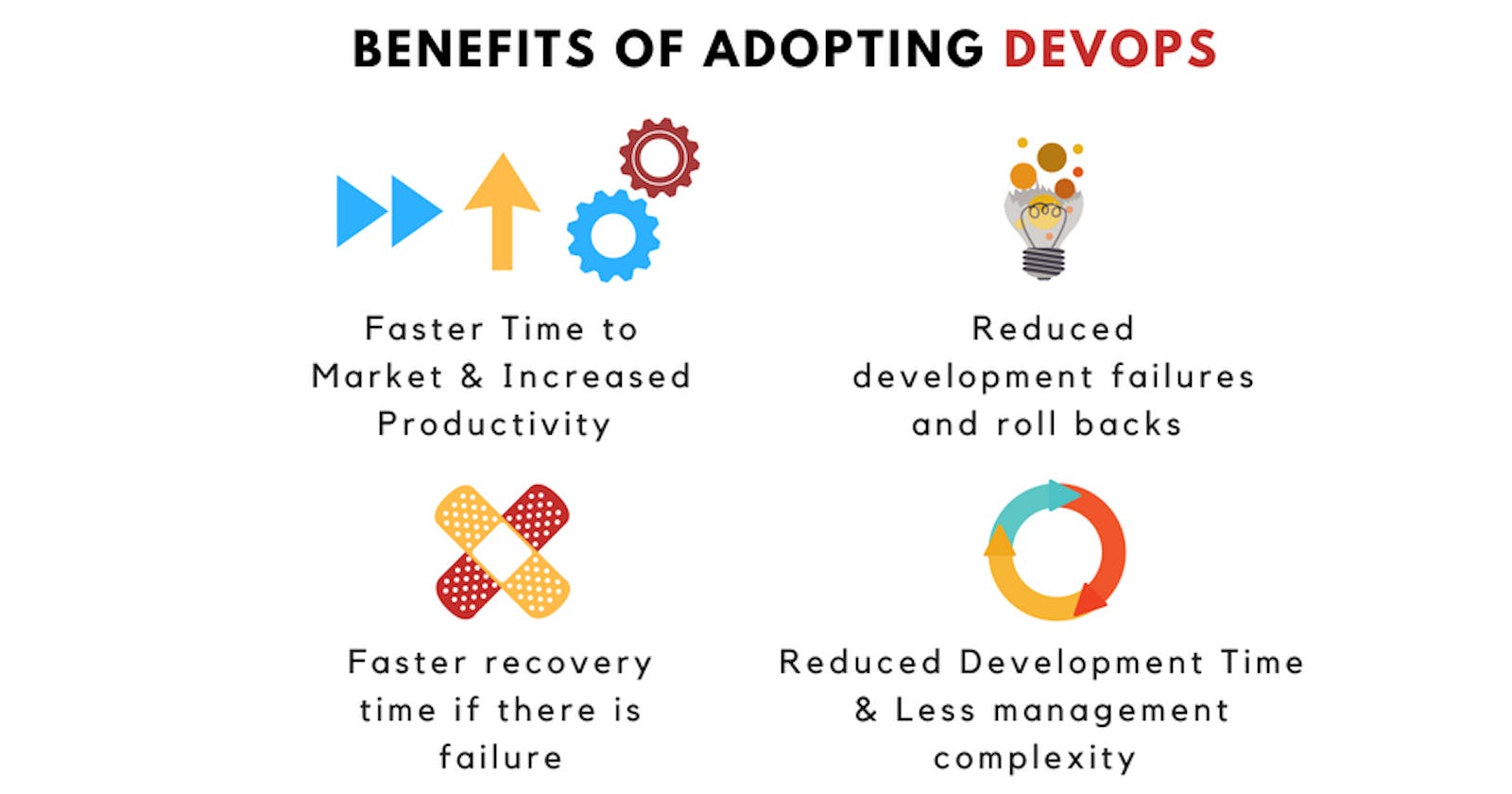Faster Time-to-Market:
- DevOps promotes automation and collaboration, which leads to faster development cycles and quicker delivery of software updates. This speed-to-market advantage is crucial for staying competitive and meeting customer expectations.
Improved Collaboration and Communication:
- Breaking down silos between development, operations, and other teams fosters a culture of collaboration and open communication. This ensures that everyone involved in the development process works towards common goals and shares a collective responsibility for delivering high-quality software.
Increased Efficiency and Productivity:
- Automation of repetitive tasks, such as testing, integration, and deployment, reduces manual effort and minimizes errors. This increased efficiency allows teams to focus on more valuable tasks, leading to higher productivity.
Enhanced Quality and Reliability:
- Continuous integration, automated testing, and continuous delivery practices in DevOps help identify and address issues early in the development process. This results in higher software quality and more reliable releases.
Greater Flexibility and Adaptability:
- DevOps practices align well with Agile methodologies, enabling organizations to respond quickly to changing requirements and market conditions. This flexibility is crucial in dynamic business environments.
Reduced Time and Costs of Development:
- Automation, streamlined processes, and efficient collaboration contribute to reducing the overall time and costs associated with software development. Continuous integration and continuous delivery practices shorten feedback loops and accelerate the delivery pipeline.
Improved Customer Satisfaction:
- Faster delivery of features, along with improved software quality, leads to higher customer satisfaction. DevOps allows organizations to respond more effectively to customer feedback and rapidly incorporate enhancements or fixes.
Consistent and Reproducible Environments:
- Infrastructure as Code (IaC) practices enable the consistent provisioning and management of infrastructure across different environments. This consistency reduces configuration errors and ensures reproducibility, leading to more reliable deployments.
Better Risk Management:
- DevOps practices, such as automated testing and continuous monitoring, help identify and mitigate risks early in the development process. This proactive approach minimizes the chances of critical issues arising in production.
Increased Innovation:
DevOps fosters a culture of experimentation and continuous improvement. Teams are encouraged to explore new ideas, technologies, and approaches, leading to increased innovation within the organization.
Employee Satisfaction and Retention:
- DevOps practices often lead to a more collaborative and empowered work environment. This can contribute to higher employee satisfaction and retention, as individuals feel more engaged and see the impact of their work.
Scalability and Resource Optimization:
- Automation in infrastructure provisioning and scaling practices allows organizations to efficiently manage resources. This adaptability ensures that infrastructure scales in response to demand, optimizing resource utilization.
In summary, adopting DevOps can transform the way organizations develop, deliver, and maintain software, bringing about a range of benefits that positively impact business outcomes and customer satisfaction.
